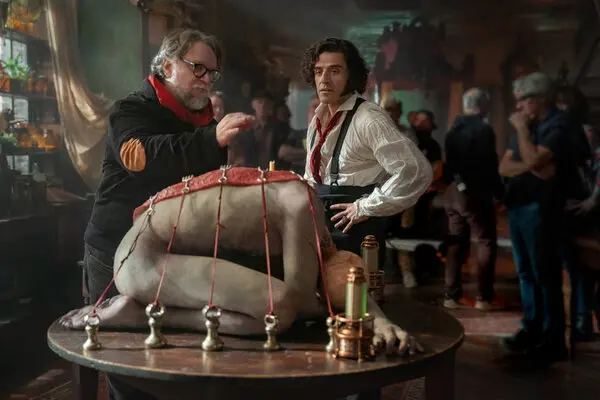
Apolonia, Apolonia (2024) - Documentary Review
- Jan 17, 2024
"Apolonia, Apolonia," a documentary by Danish filmmaker Lea Glob, is an intricate and deeply personal exploration of the life of French figurative painter Apolonia Sokol. Filmed over 13 years, Glob's work is an intimate portrayal of the complexities faced by women artists. Unlike traditional documentaries, "Apolonia, Apolonia" blurs the lines between subject and filmmaker, offering a multi-dimensional perspective on femininity, culture, and the artistic process.
The film starts with the promising young painter Apolonia, raised in an artistic milieu in an underground Parisian theater. She seems to have it all – talent, education from the renowned Beaux-Arts de Paris, and a Bohemian lifestyle in the heart of Paris. However, as the narrative unfolds, we see Apolonia grappling with challenges that her male counterparts might never face, despite their lesser talents. This struggle is highlighted in a scene where Apolonia reacts to a male professor's demeaning comments about her art.
Glob’s documentary is more than just a portrait of an artist; it's an exploration of the trials and triumphs of womanhood. We see Apolonia losing her beloved theater community and moving into a cramped apartment with her mother and friend Oksana, a Ukrainian artist and feminist activist. The bond between these two women forms an emotional centerpiece of the film, touching upon themes of independence, feminism, and the complexities of mental health.

The film reaches a critical juncture when Apolonia moves to the United States, first trying her luck in New York before moving to Los Angeles. In LA, she falls into the orbit of Stefan Simchowitz, a controversial art world figure. Although initially dazzled by the commercial opportunities, including a studio space, the pressure to mass-produce art overwhelms Apolonia’s creative spirit.
Following this disillusionment, Apolonia returns to Europe, seeking to regain control over her artistic journey. Parallelly, Glob’s own story as a filmmaker and a mother undergoing a challenging pregnancy is woven into the narrative. This personal touch adds another layer to the film, illustrating the unique challenges faced by women artists.
"Apolonia, Apolonia" concludes on a poignant note, not with a definitive ending but as an ode to the enduring spirit of women artists. Glob’s documentary is a testament to the resilience and persistence required of women who choose the path of art. It stands out as a reflective, deeply humanistic piece, capturing the essence of its subjects with empathy and insight.







